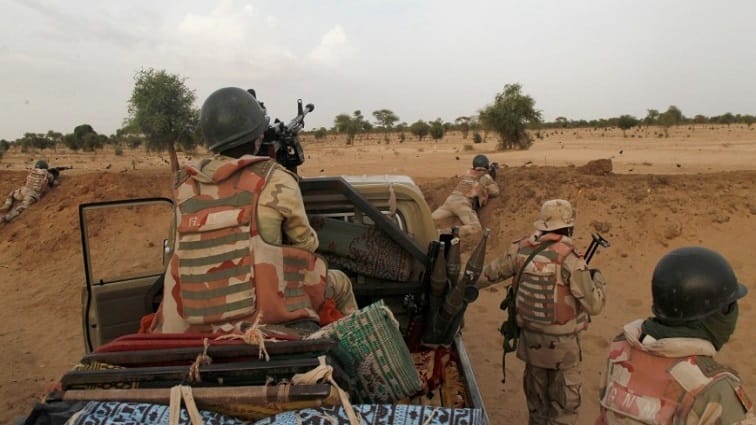Nearly 130 people have been “summarily executed” by armed militants in Niger since March, according to a new report by Human Rights Watch (HRW).
The rights group documented a series of deadly attacks, including one in June at a mosque in the western Tillabéri region, where more than 70 worshippers were shot dead during prayers.
“There were bodies everywhere, one on top of the other,” recalled a woman who lost three of her sons in the attack, quoted by HRW.
The surge in violence represents a major challenge for Niger’s military government, which took power after removing former President Mohamed Bazoum in 2023 with promises to restore security.
Since then, about 1,600 civilians have been killed by fighters linked to the Daesh in Niger, HRW said, citing data from the conflict monitoring group Acled.
The report also said militants have destroyed schools and religious sites while imposing strict rules on communities.
“Armed groups are targeting civilians in western Niger and committing horrific abuses,” said Ilaria Allegrozzi, senior researcher at HRW. “Authorities need to do more to protect people in the Tillabéri region.”
In one attack in May on the Dani Fari area, five men and two boys were killed and at least a dozen homes burned. “The bodies were scattered, riddled with bullets,” a witness told HRW. “The children were lying on their backs.”
According to villagers, the army did not respond adequately to warnings before the attacks, despite repeated calls for protection.
No group has claimed responsibility for the violence, but eyewitnesses said the attackers were identifiable by red-banded turbans associated with Daesh-linked militants.
Tillabéri, which borders Mali and Burkina Faso, has been at the heart of armed conflict for the past decade. Niger, together with its neighbors Mali and Burkina Faso, has formed an alliance to combat militant groups. The three countries have also reduced cooperation with Western partners, instead turning to Russia and Turkiye for security support.
Despite these efforts, the attacks continue, raising questions over the effectiveness of current strategies.



